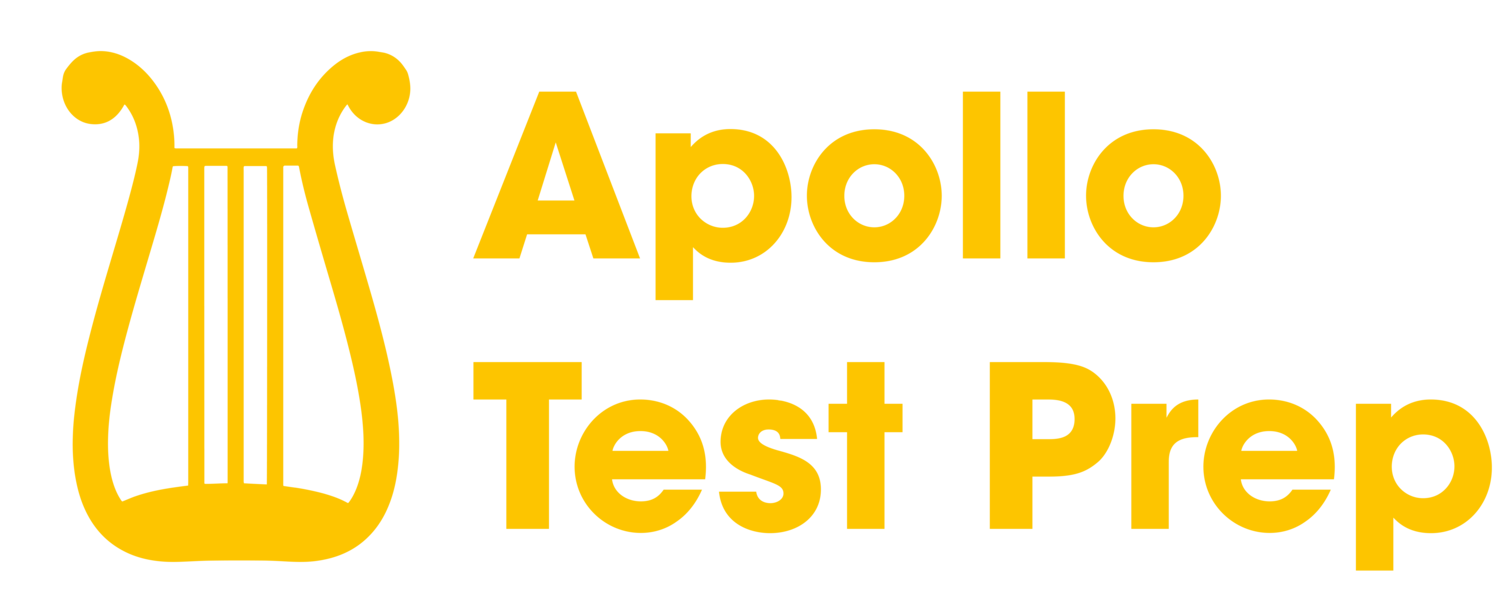LSAT Explanation PT 42, S4, Q12: Many people say that the press
LSAT Question Stem
The argument's reasoning is vulnerable to criticism on the grounds that the argument presumes, without giving warrant, that
Logical Reasoning Question Type
This is a Flaw question.
Correct Answer
The correct answer to this question is B.
LSAT Question Complete Explanation
Let's first analyze the argument in the passage and identify its structure. The passage presents the following argument:
Premise 1: Many people say that the press should not pry into the personal lives of private individuals.
Premise 2: The press has the right to publish any story of interest to the public unless that story is libelous.
Conclusion: If a story about a private individual is not libelous, the press has an obligation to publish it, for such information is clearly of interest to the public.
The question type is Flaw, which means we need to identify the flaw in the argument's reasoning. An "Evaluate" question for this argument could be, "Does having the right to publish a story necessarily mean the press has an obligation to do so?"
Now let's discuss each answer choice:
A) The argument presumes that the press can publish nonlibelous stories about private individuals without prying into their personal lives.
- This answer choice is not the flaw in the argument, as it doesn't address the gap between having the right to publish a story and having an obligation to do so.
B) The argument presumes that one's having a right to do something entails one's having an obligation to do it.
- This is the correct answer. The argument's flaw is the assumption that having the right to publish a story necessarily means the press has an obligation to publish it. This assumption is unwarranted and creates a gap in the argument's reasoning.
C) The argument presumes that the publishing of information about the personal lives of private individuals cannot be libelous.
- This answer choice is incorrect because the argument does acknowledge that libelous stories should not be published. The flaw lies in the assumption about the relationship between having the right to publish and having an obligation to publish.
D) The argument presumes that if one has an obligation to do something, then one has a right to do it.
- This answer choice is incorrect because it reverses the relationship between rights and obligations in the argument. The flaw is not about whether having an obligation implies having a right, but rather whether having a right implies having an obligation.
E) The argument presumes that the press's right to publish always outweighs the individual's right not to be libeled.
- This answer choice is incorrect because the argument does not make this presumption. The argument acknowledges that libelous stories should not be published, so it does not assume that the press's right to publish always outweighs an individual's right not to be libeled.
In summary, the correct answer is B, as the argument's flaw lies in the unwarranted assumption that having the right to publish a story means the press has an obligation to publish it.
